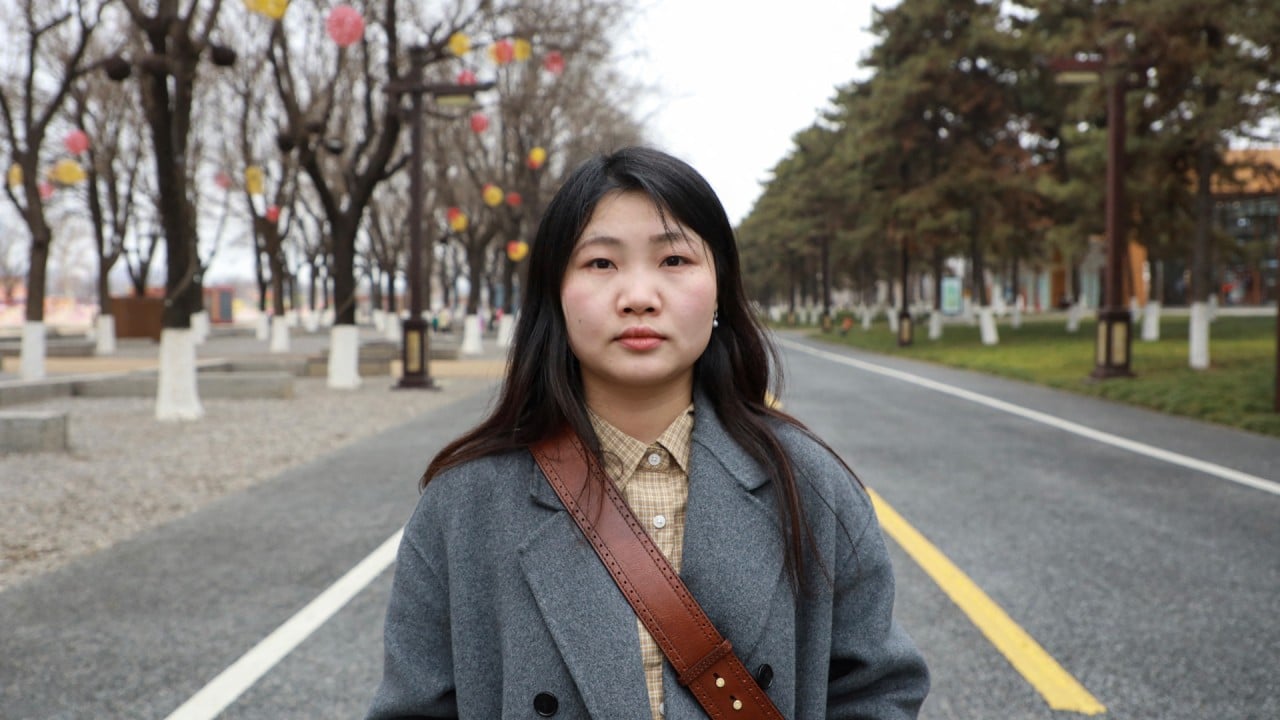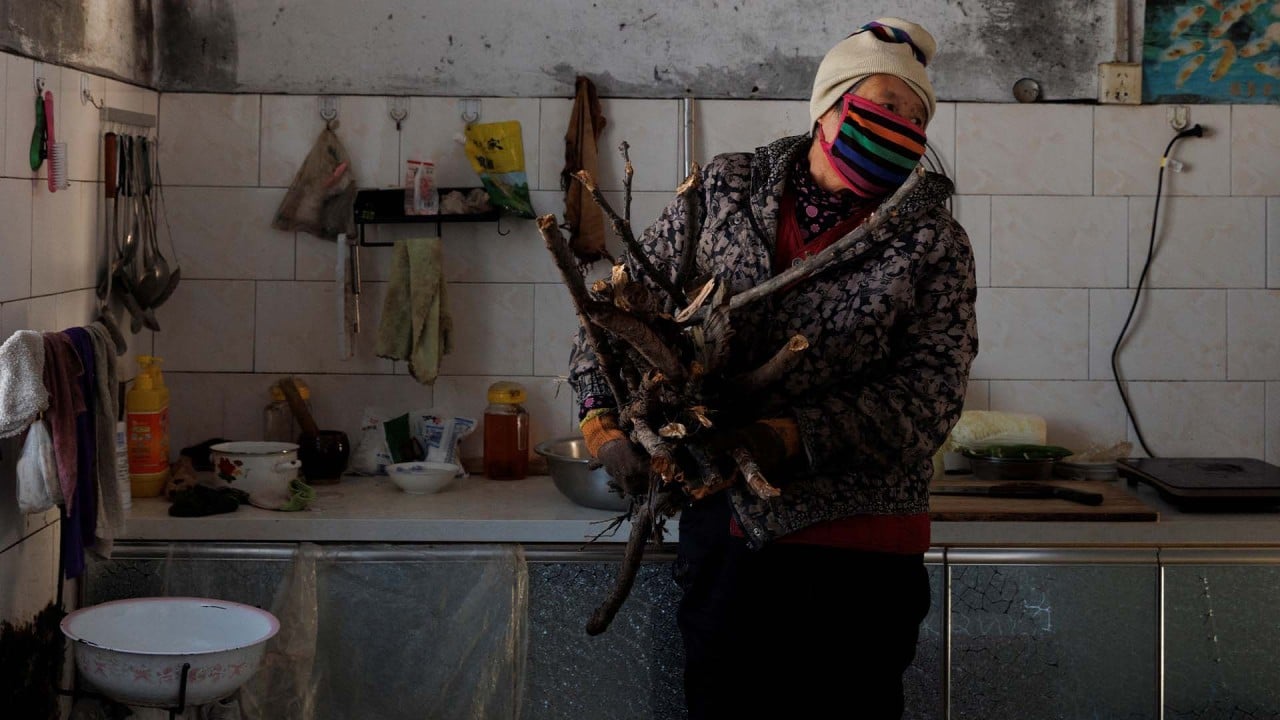She then tried to get an office job in the military, but again failed.
“I felt like I wanted too much freedom and I couldn’t get any,” said Li, who now works as a website editor in Beijing.
But her parents aren’t giving up hope, and have begun setting her up on dates with men from the civil service — colloquially known as the “iron rice bowl” for the security of their jobs. Potential suitors include officials from the Inner Mongolia region and the Central Party School, a training institute for cadres in Beijing.
In northeast China, it was an unspoken social norm that only young civil servants married each other, Zhao Dan, a doctoral student in sociology at Nanjing University, writes in a new government-funded research paper.
This is not only a personal preference when choosing a date, but also common in dating events organized by companies and other social organisations, Zhao wrote in the June edition of China Youth Studies, a monthly magazine that discusses issues facing young people in China.
“Getting a job in the government system is like getting a passport to love and marriage,” Zhao writes.
The study was based on interviews with 18 people of different ages, mostly working in government departments and state-owned enterprises, in an industrial city in northeastern China.
One interviewee, who worked in the social welfare department of a government agency, told Zhao that she was unable to sign up for a dating event organized by her boss.
The paper said she was told she did not have “official staff status” and that organisers, who tried to dissuade her from attending, said she would be “embarrassed to introduce herself at the event”.
Zhao writes that the impact of “civil service” on human relationships is greater than high salary, education, personal ability, looks, or even love. Even if you have a high-paying job in the private sector, a house, and a car, you usually can’t build a stable relationship with a civil service.
This study draws on a decades-old tradition in China. Bianji A permanent position in the government or a government-related agency with pension and other benefits. This is not just prevalent in the Northeast.
The desire for stability comes from the country’s experience of mass layoffs in the 1990s, when the industrial centre was one of the centres for bankrupt and restructured state-owned enterprises, many of whom were fired with minimal compensation.
The woman, who grew up in Harbin, capital of Heilongjiang province, told The Post in an interview that fewer than 10 of her classmates worked for small and medium-sized businesses. The rest worked for the government or state-owned enterprises as civil servants, teachers, doctors, police officers and judges.
“They tend to marry people of the same social status. A police officer married a nurse, another nurse married a physical education teacher,” she said.
Studies have shown that this social rating system has led young people from the Northeast to seek only government jobs, with some even leaving the region in search of better opportunities in other cities.
“It is hindering the social opening up of the Northeast,” the paper said. “It could also lead to a waste of talent, higher unemployment and more people choosing to remain single.”
Li said most of her classmates had left their hometowns, like her, and those who returned for higher education often ran the family business.
One of her classmates graduated with an English degree from Xiamen University in the southeast, but returned to run a cemetery business – her family now owns the city’s largest cemetery.
The importance of the northeast as China’s industrial and agricultural base has been repeatedly emphasized in recent years, and authorities have encouraged a comprehensive revitalization of the region.
At a conference in Heilongjiang province in September, President Xi Jinping praised the region’s “abundant resources, strong industrial base, favorable geographical conditions and great development potential” and reiterated his call for the region to “write a new chapter” in its revitalization.
But Zhao warned that even if such measures encourage some young people to return to their hometowns, the region’s industrial structure still needs to be upgraded and society needs to adopt a more diversified evaluation system to become more tolerant and open.
“Only then will young people in the Northeast have better career and relationship options,” Zhao wrote, “and it’s a key measure to address the region’s declining birthrate, aging society, and loss of talent.”



